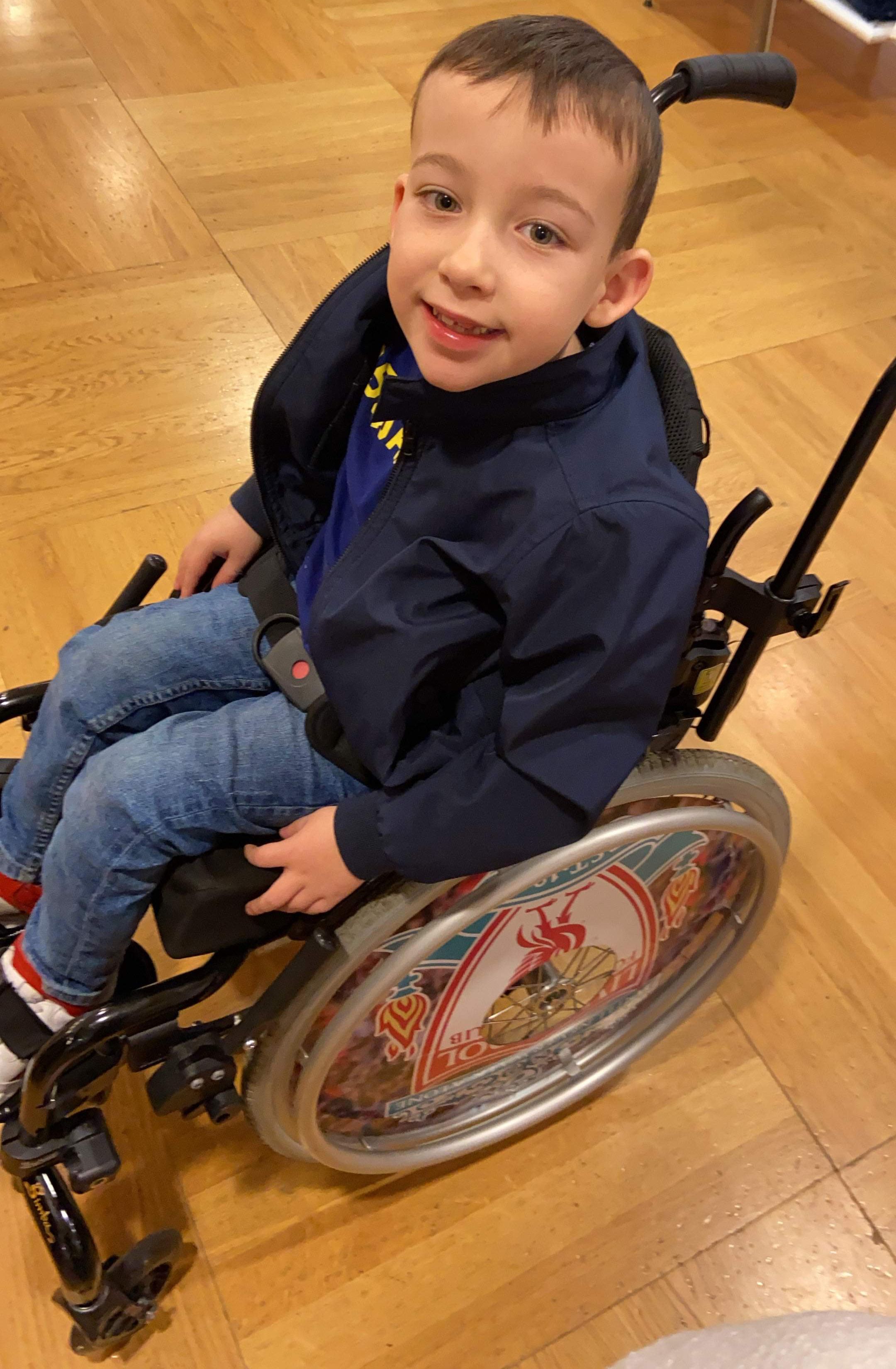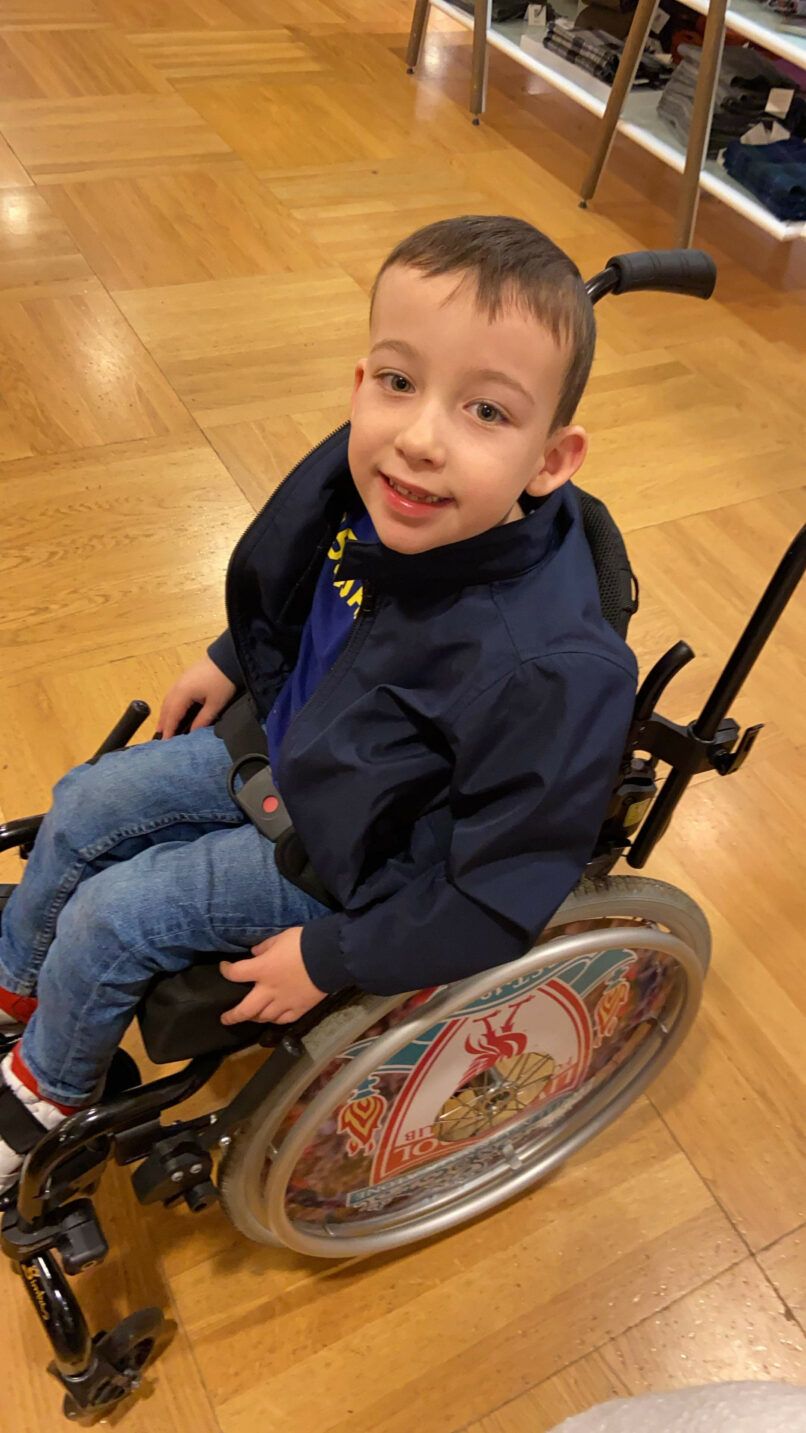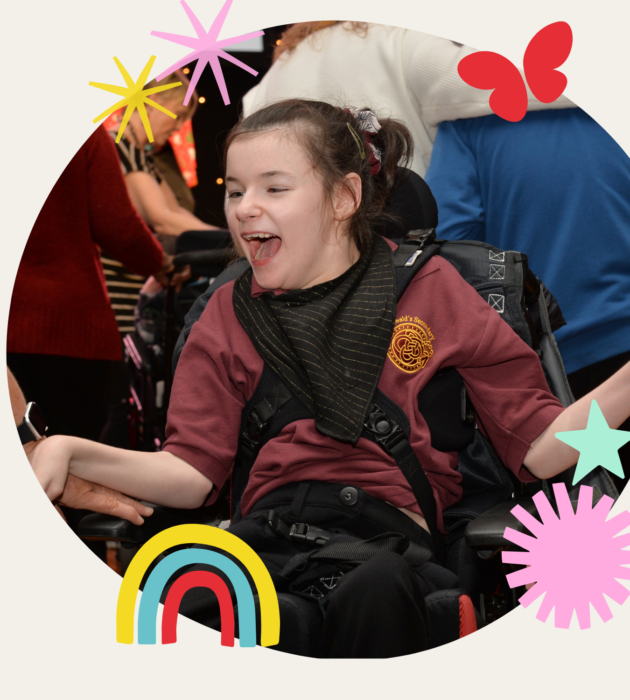Living with hydrocephalus – Harry’s story

“Most babies born with spina bifida also have hydrocephalus. Harry developed hydrocephalus a few days after having a back operation to close the spina bifida lesion that was open on his back at birth.
Both hydrocephalus and spina bifida are hidden disabilities. If you looked at Harry, you would never notice he had these conditions.
I don’t think people know what hydrocephalus is – I certainly didn’t when Harry was born. You have to educate people about it and also explain how it affects your child.
Harry has an amazing attitude and just gets on with things, but his condition does affect his everyday life. For example, he had to have a shunt fitted to relieve the pressure of cerebrospinal fluid (CSF) building up in his head. CFS is a clear, colorless body fluid found in the brain and spinal cord and a shunt is a thin tube that drains this fluid. In Harry’s case, a shunt drains CSF from a space in his skull where it collects and allows it to drains elsewhere, where it’s absorbed by another part of his body.
Whenever Harry is playing in the football cage school staff are aware of the danger posed by a ball hitting him on the head and possibly damaging or dislodging his shunt or causing a head injury. They also watch out for him falling over and banging his head. I have been called to the school on a couple of occasions to check on Harry after a ball has hit him while he’s been playing with his friends. It’s hard to know if there’s a problem with his shunt as it’s typically not 100% obvious. So you always need to be aware of subtle signs that indicate there may be a problem, and make other people and school staff aware of what they need to look out for.
Harry has had two shunt replacements since birth, but the odds of him needing another one reduce as he gets older (according to statistics).
Having hydrocephalus has had a huge impact on our familiy life as we are always aware of the dangers of Harry falling over, and we obviously have to be careful about what Harry can and cannot play with – or play on.”
Hydrocephalus is a build-up of fluid on the brain. Hydrocephalus can have a range of physical and cognitive effects. It can be associated with learning difficulties affecting concentration, reasoning, short-term memory, coordination, motivation, organizational skills and language. Physical effects may include visual problems or early puberty in children.

Transform a child’s life
Donate now